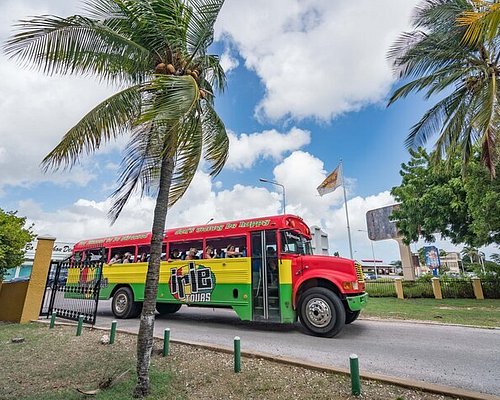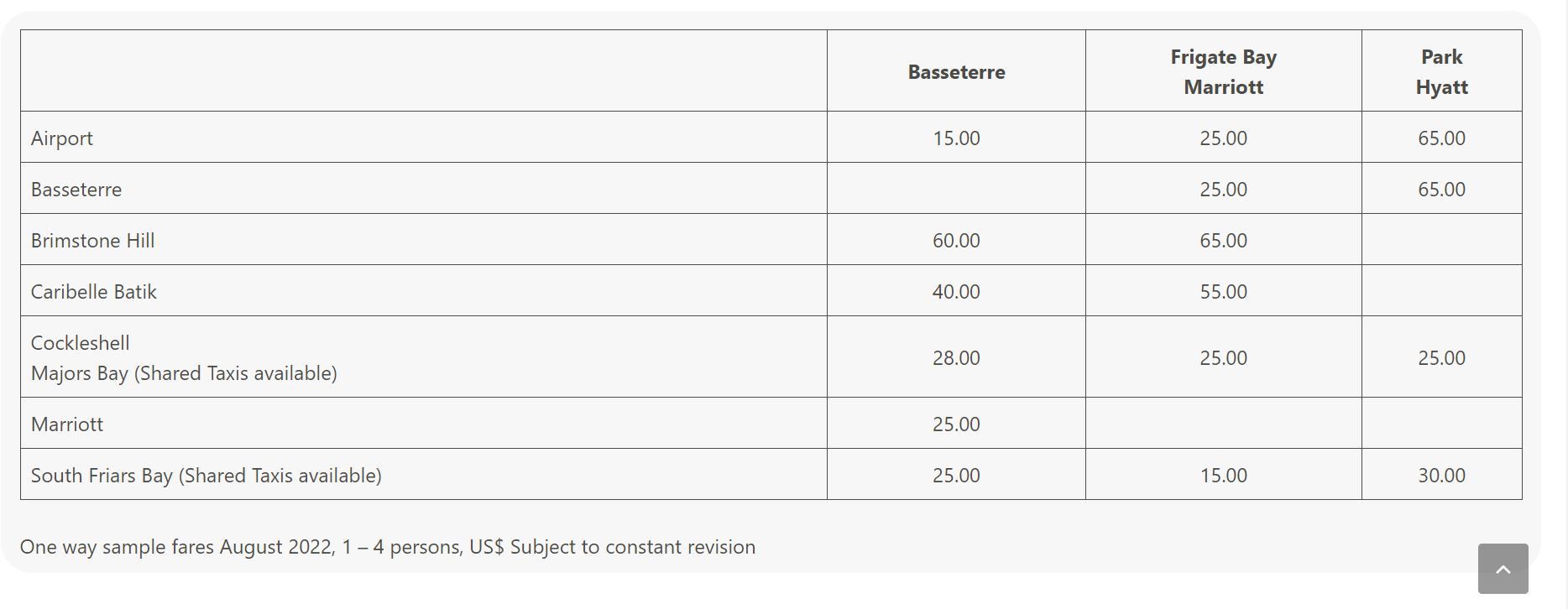the rich and diverse cultural tapestry of Curaçao! This vibrant island is a melting pot of influences, resulting in a unique and colorful cultural landscape. Here are five key cultural aspects that define Curaçao:


Afro-Caribbean Heritage:
Dutch Colonial Influence:
Papiamentu Language:
Latin American Influence:
Jewish Community:

